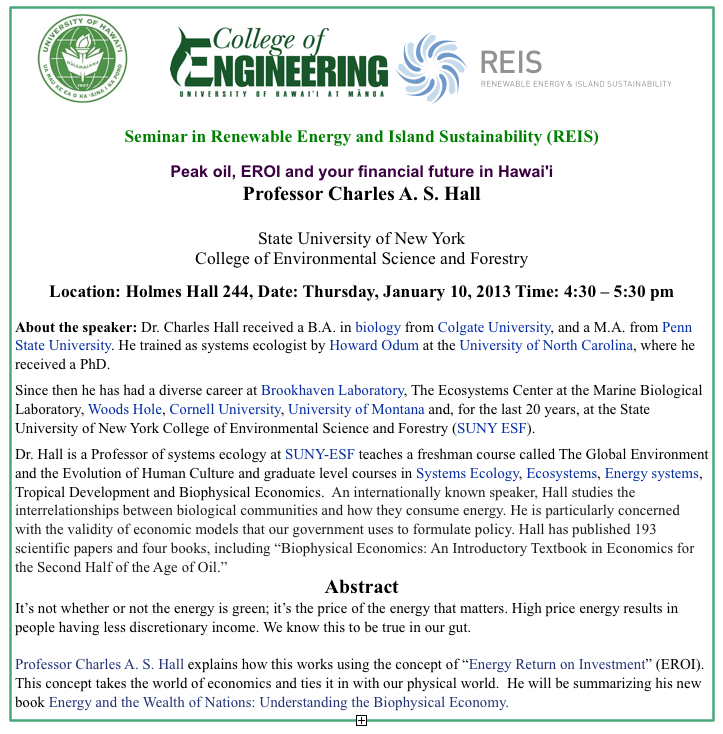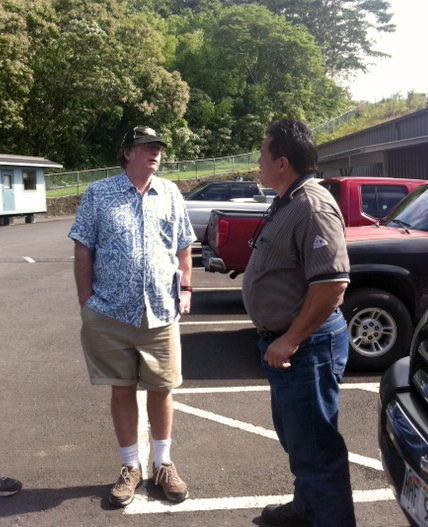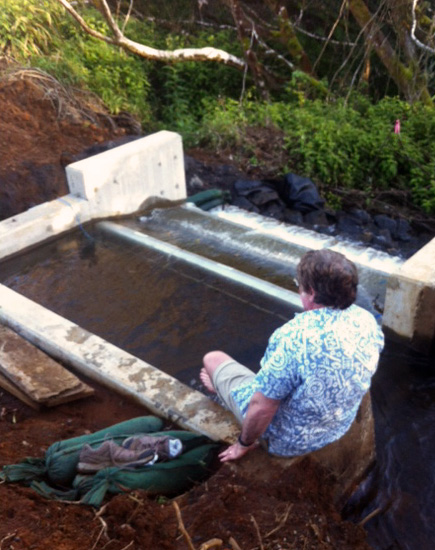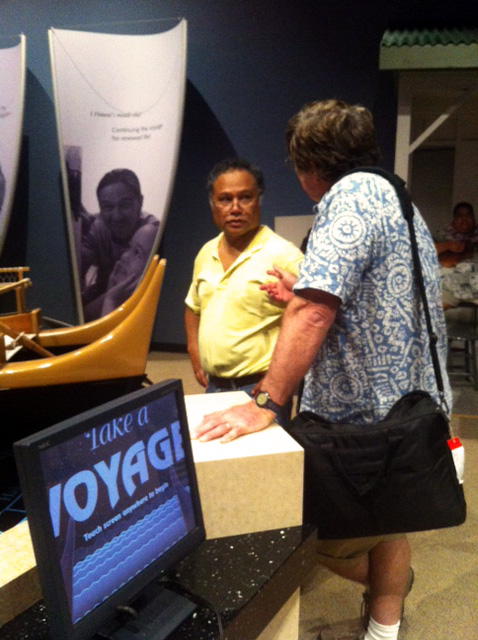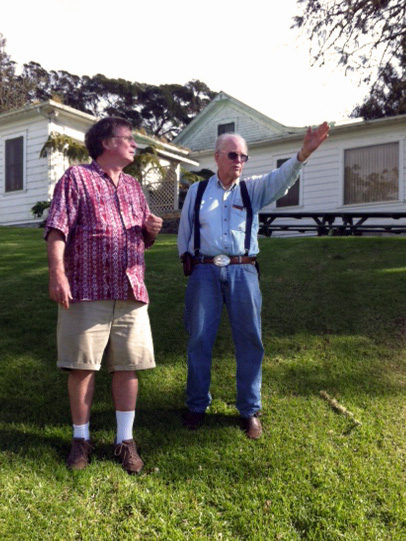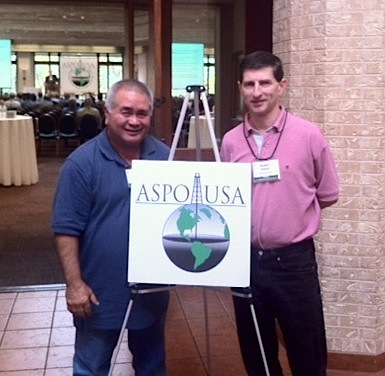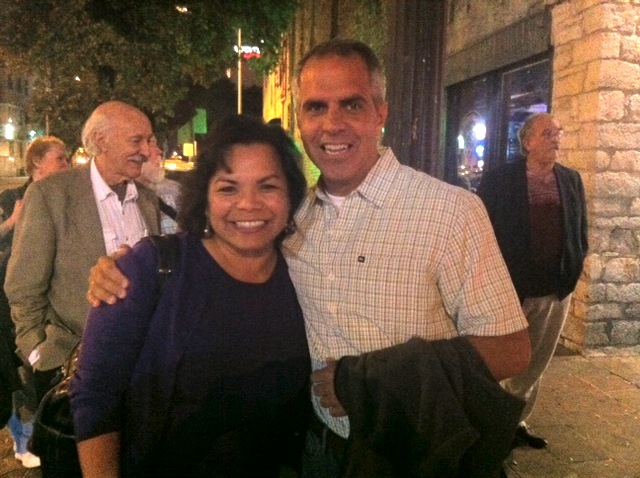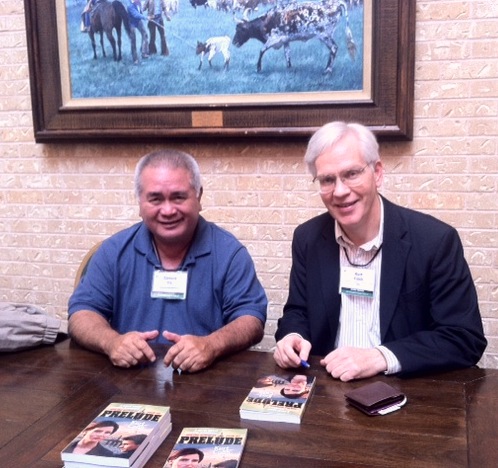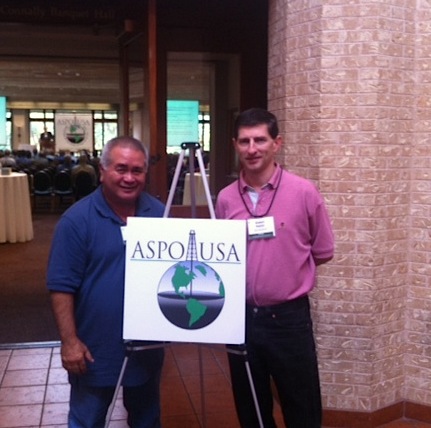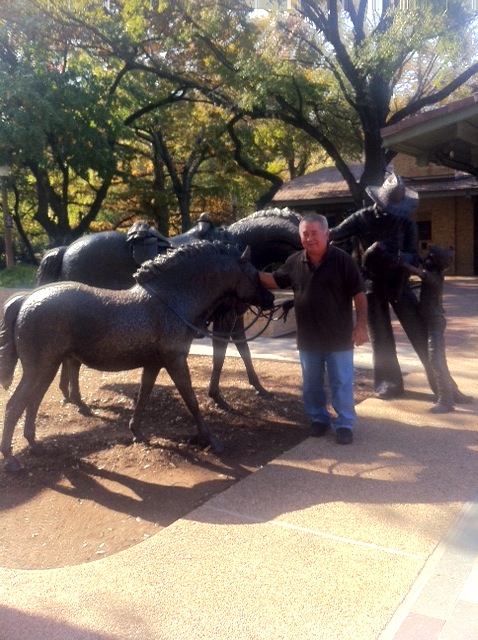Richard Ha writes:
This past Friday I participated on an energy panel at the Hapuna Beach Prince Hotel called “Energy: Facing the Reality of Renewables.” Panel members were Jay Ignacio, President of Hawaii Electric Light company; Mike Kaleikini, who is General
Manager of Puna Geothermal Venture; and myself, as steering committee member of the Big Island Community Coalition.
From the Kona-Kohala Chamber of Commerce: “The 2013 Summit will further explore those initiatives via ‘panels of conversation’ on each topic. Three guests per topic have been invited to participate on panels to discuss their work with the Summit audience, ideas that inspire them and what they see as the future for Hawaii Island. Each panel will have 45 minutes of discussion followed by questions from the audience. We are pleased to have Steve Petranik, Editor of ‘Hawaii Business Magazine’ as our moderator again this year.”
There were five panels: Education, Sustainability, Employment, Energy and Health Care.
West Hawaii Today wrote about it in an article called Prospects of an All-Geothermal Isle Unlikely.
I started out by saying mixed messages are being sent out. Some say that the U.S. has enough oil and gas that we will soon replace Saudi Arabia as a world energy supplier. Using data and scientific methods, the Association for the Study of Peak Oil-USA (ASPO) has come to different conclusions. Its agenda is merely to spread the best information it has on this topic. You can learn more by viewing video at the ASPO-USA.org website.
I described the Big Island Community Coalition’s mission, which is to achieve, for the Big Island, the lowest-cost electricity in the state. Striving for a low cost solution hedges our bets. It is better to be safe than sorry. I told them that those interested in supporting this group can get on the Big Island Community Coalition mailing list.
I related how food and energy are inextricably tied together. Food security has to do with farmers farming. And if farmers make money, the farmers will farm! But while only two percent of the mainland’s electricity comes from oil, more than 70 percent of the electricity in Hawai‘i does. The mainland, of course, is our main supplier of food and our biggest competitor. As oil prices rise, Hawai‘i becomes less and less competitive.
As oil prices rise, and electricity prices rise, and farmers and other businesses become less competitive, local families have less spending money.
The answer is to find the lowest electricity cost solution. For if people have extra money, they will spend it. Two-thirds of our economy is made up of consumer spending.
Provided that the expensive and ill-advised Aina Koa Pono biofuel project does not go forward, we have a bright future ahead of us. In the pipeline is Hu Honua’s 22MW biomass burning project, and
next is 50W of additional geothermal. Add to that 38MW of present geothermal, and, assuming the old geothermal contract is renegotiated, that would amount to 110MW of stable affordable electricity. This would be more than 60 percent of the peak power use on the Big Island. Even if we do not count wind and solar renewables, this would put the Big Island on a trajectory of achieving the lowest cost electricity in the state.
What would happen if our electricity costs were lower than O‘ahu’s? We can’t even imagine it.
- It would change our economy.
- It would help our County government preserve services.
- Fewer of our kids would have to go to the mainland to find jobs.
- More of our money could be used for education, instead of paying for oil.
- More people would have money to support local farmers.
- Single moms would have less pressure than they do now.
- Folks on the lowest rungs of the economic ladder would not be pushed over the edge.
- There are lots and lots of younger folks who want to farm. Maybe they could actually make money so they could farm.
I told the audience that we on the panel were all friends. But there is too much at stake for the BICC to give ground on our goal to make the Big Island’s electricity the cheapest in the state.
During the Q & A, someone asked what we each thought about an undersea cable to connect all the islands. I replied that our primary objective is to bring low cost electricity to the Big Island before we do anything else.
The audience liked that a lot and spontaneously applauded.

